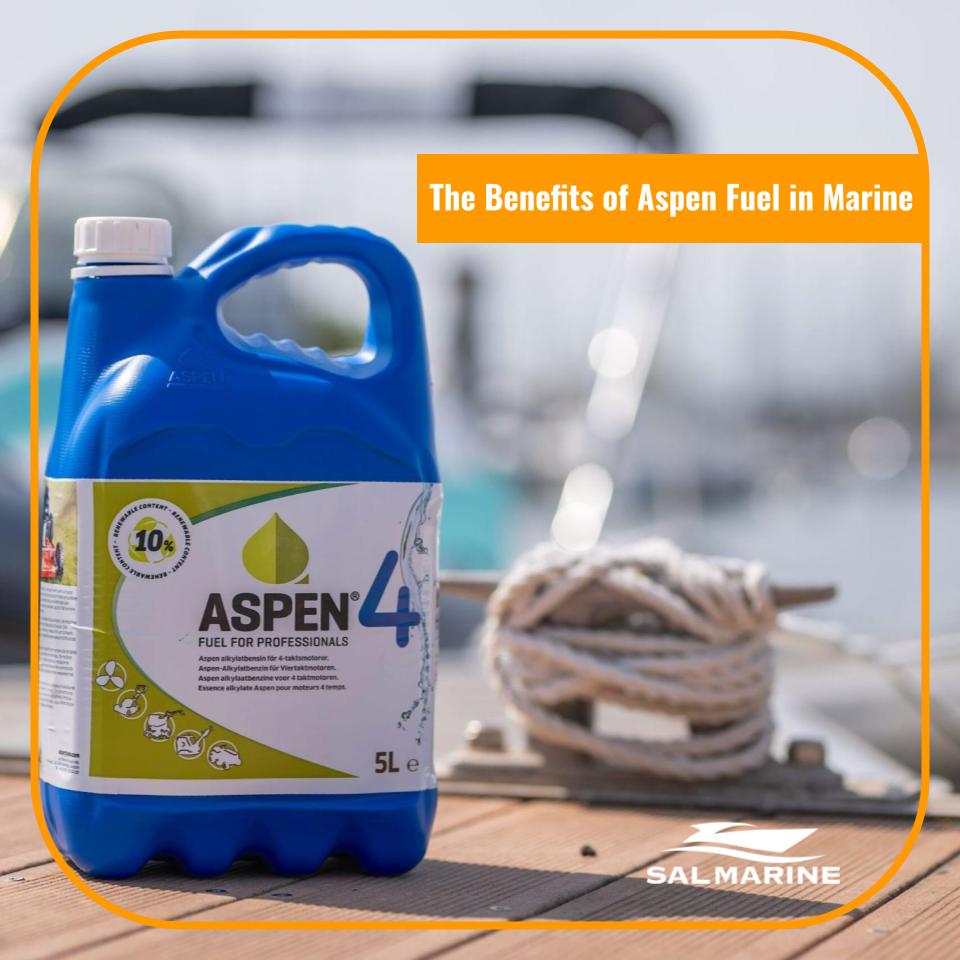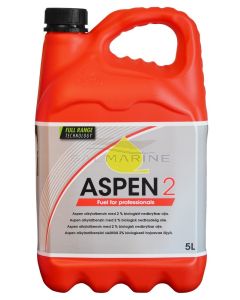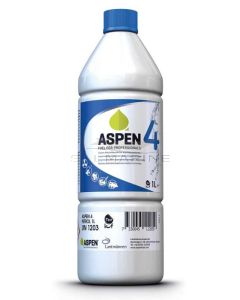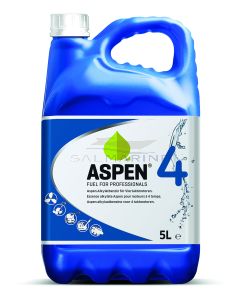Charting a Greener Course: The Benefits of Aspen Fuel in Marine Applications

In the ever-evolving landscape of the marine industry, the search for cleaner, more efficient fuel options has become paramount. One such contender making waves is Aspen fuel, a high-performance alkylate petrol with a reputation for environmental friendliness and engine reliability. In this blog post, we delve into the use of Aspen fuel in the marine sector, exploring its benefits, applications, and impact on both vessels and the environment.
The Advantages of Aspen Fuel
-
Low Environmental Impact: Aspen fuel is known for its low environmental impact, particularly in terms of reduced emissions. It is produced from alkylate petrol, a cleaner alternative to conventional fuels. This results in lower levels of harmful substances such as sulphur, benzene, and aromatic hydrocarbons, contributing to improved air quality in and around water bodies.
-
Enhanced Engine Performance: Marine engines are subjected to demanding conditions, and their performance is crucial for the safety and efficiency of any vessel. Aspen fuel boasts a high-octane rating and a consistent composition, providing stable combustion. This leads to smoother engine operation, reduced wear and tear, and ultimately, increased engine lifespan.
-
Storage Stability: Aspen fuel has excellent storage stability, making it an ideal choice for marine applications where fuel might be stored for extended periods. This stability ensures that the fuel does not degrade over time, maintaining its quality and reducing the risk of engine issues caused by stale or deteriorated fuel.
Applications in the Marine Industry
-
Outboard Engines: Aspen fuel is suitable for use in outboard engines commonly found on smaller boats and watercraft. Its clean-burning properties contribute to reduced exhaust emissions, creating a more environmentally friendly boating experience.
-
Inboard Engines: Larger vessels, such as yachts and commercial ships, often rely on inboard engines. Aspen fuel's stable composition and high-octane rating make it an attractive option for these applications, promoting reliable engine performance and reducing the overall environmental impact of marine transportation.
-
Two-Stroke Engines: Aspen fuel is compatible with two-stroke engines, which are prevalent in various marine equipment, including personal watercraft, jet skis, and certain types of small boats. Its low smoke and reduced emissions make it an eco-friendly choice for these recreational water vehicles.
Environmental Sustainability
Beyond its immediate benefits for marine engines, the use of Aspen fuel aligns with the growing emphasis on environmental sustainability within the marine industry. By opting for a cleaner fuel source, boaters and ship operators contribute to the preservation of aquatic ecosystems and support initiatives aimed at mitigating the impact of maritime activities on the environment.
Conclusion
As the marine industry charts a course towards a more sustainable future, the adoption of cleaner and more efficient fuels becomes essential. Aspen fuel emerges as a promising solution, offering not only improved engine performance but also a reduced environmental footprint. Whether powering leisure boats or commercial vessels, the use of Aspen fuel in the marine sector represents a step towards cleaner oceans and a healthier planet.


 to save as many parts lists for boats and engines as you want. It makes reordering and costing up jobs, quick and easy!
to save as many parts lists for boats and engines as you want. It makes reordering and costing up jobs, quick and easy! 















